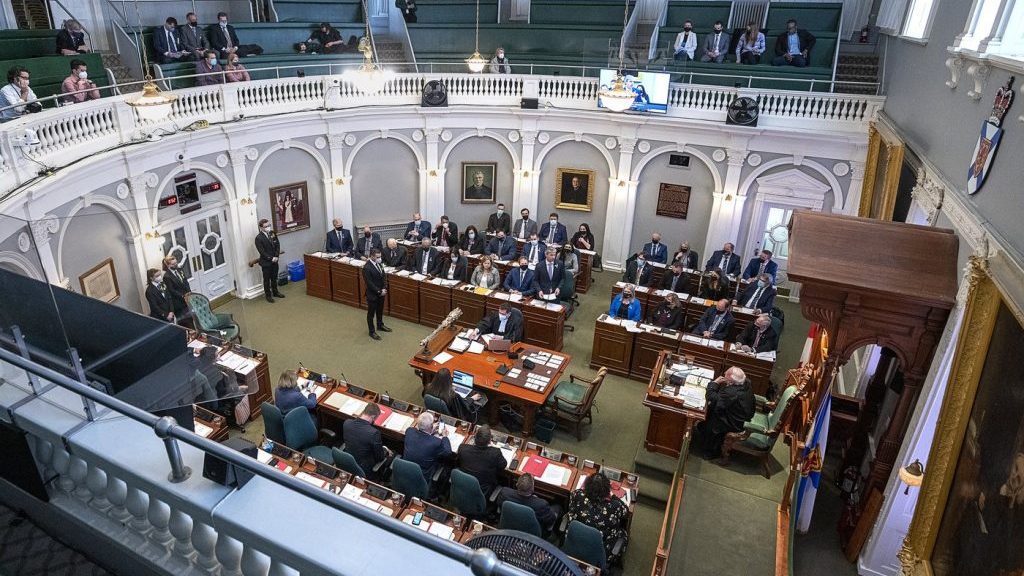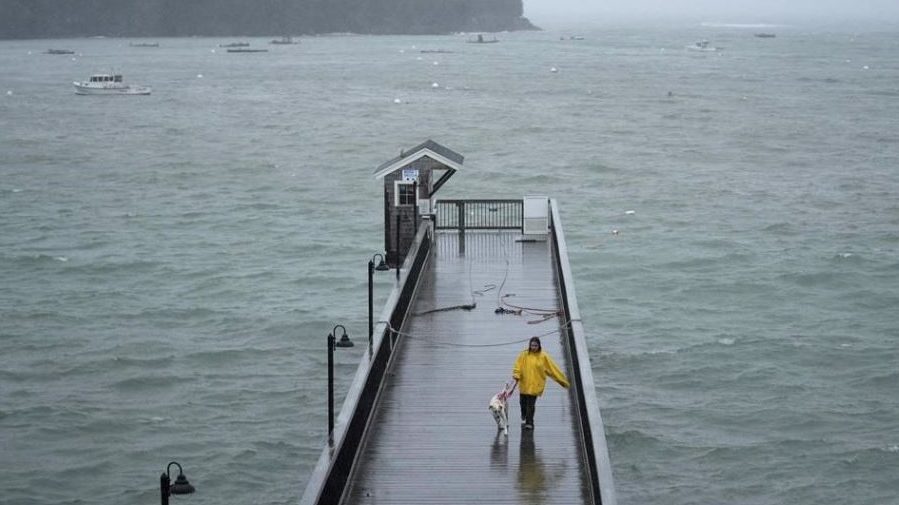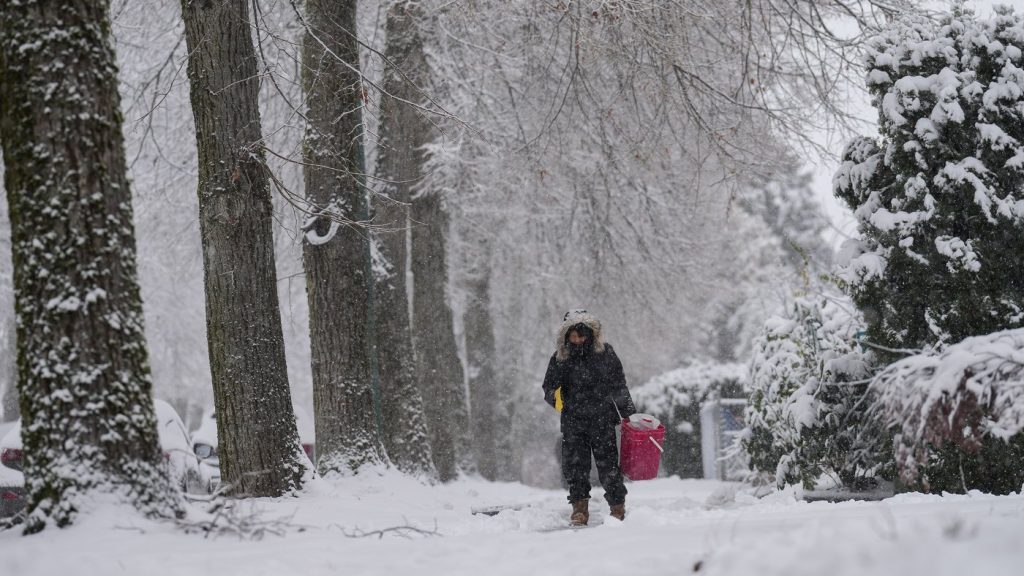HRM budget cuts, lack of planning concern supporters of proposed wilderness park
Posted Jun 1, 2020 09:28:23 PM.
At a time when the need for urban green space has arguably never been higher, groups working to support the creation of a long-promised wilderness park say the Halifax Regional Municipality is going in the wrong direction.
The Blue Mountain-Birch Cove Lakes area is rich in biodiversity and is one of the last, large pieces of urban wilderness still intact in HRM. The municipality is in the process of acquiring lands that together with land owned by the province, will become a regional wilderness park.
Concerns are being raised about the future of the region with significant cuts to funding that could have gone towards purchasing remaining parcels of land. This comes as pressure mounts along the boundary of the park with sprawl development closing in.
HRM's parkland acquisition budget was cut to $500,000 in 2020-21 from $7 million in the previous fiscal year. In response to the financial impacts of the pandemic, council revisited the budget and further reduced it to $100,000. The entire revamped operating budget will be back before council for a final vote on June 9.
“Unfortunately with the COVID situation, the city has dramatically slashed its parkland acquisition budget to the point where it probably won't be able to purchase any land in this fiscal year and that is disappointing,” says Raymond Plourde, wilderness coordinator with the Ecology Action Centre and a director of citizens' group Friends of Blue Mountain-Birch Cove Lakes.
The Blue Mountain-Birch Cove Lakes Regional Park was outlined in HRM's regional plan approved in 2006. Since then, the municipality has purchased three sections of land adding onto the Province’s designation of two large Crown land blocks.
Plourde says a number of other parcels of land in the outlined boundary of the proposed park are not yet protected and face increasing threat.
“If we can't be buying a bunch of land this year, we certainly can be doing the necessary planning to make sure that sprawl developments on the periphery don't inadvertently wall-off this green space from any kind of human access,” he says.
According to Plourde, the unfinished park is surrounded by development pressures. He says this threatens the integrity of the park from an ecological standpoint, but is also a problem when it comes to human access.
“At the very least the city should be assigning someone within staff to begin planning for major areas where the public could go to a trailhead where they could then go on properly engineered and safe trails,” he says. “They can and need to coordinate the future of this park, and they're just not.”
Halifax’s parks and greenspaces provide significant mental and physical health benefits to residents, which Plourde says has been highlighted during the pandemic.
“The need for that access as an essential service has never been greater or clearer,” he says. “The city should be doing everything in its power to treat these parks as more of a priority.”
Nova Scotia Nature Trust is currently fundraising to purchase 575 acres of land which will fill between the existing protected sections owned by the province. It hopes to collect $2.1 million in donations.








